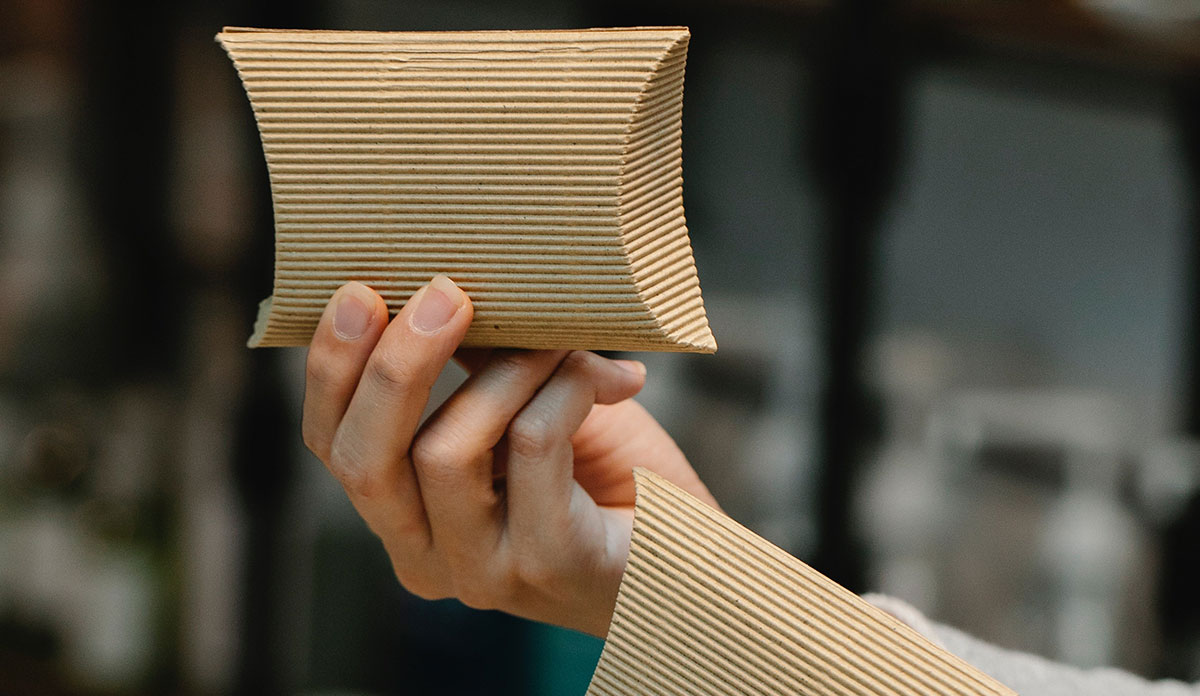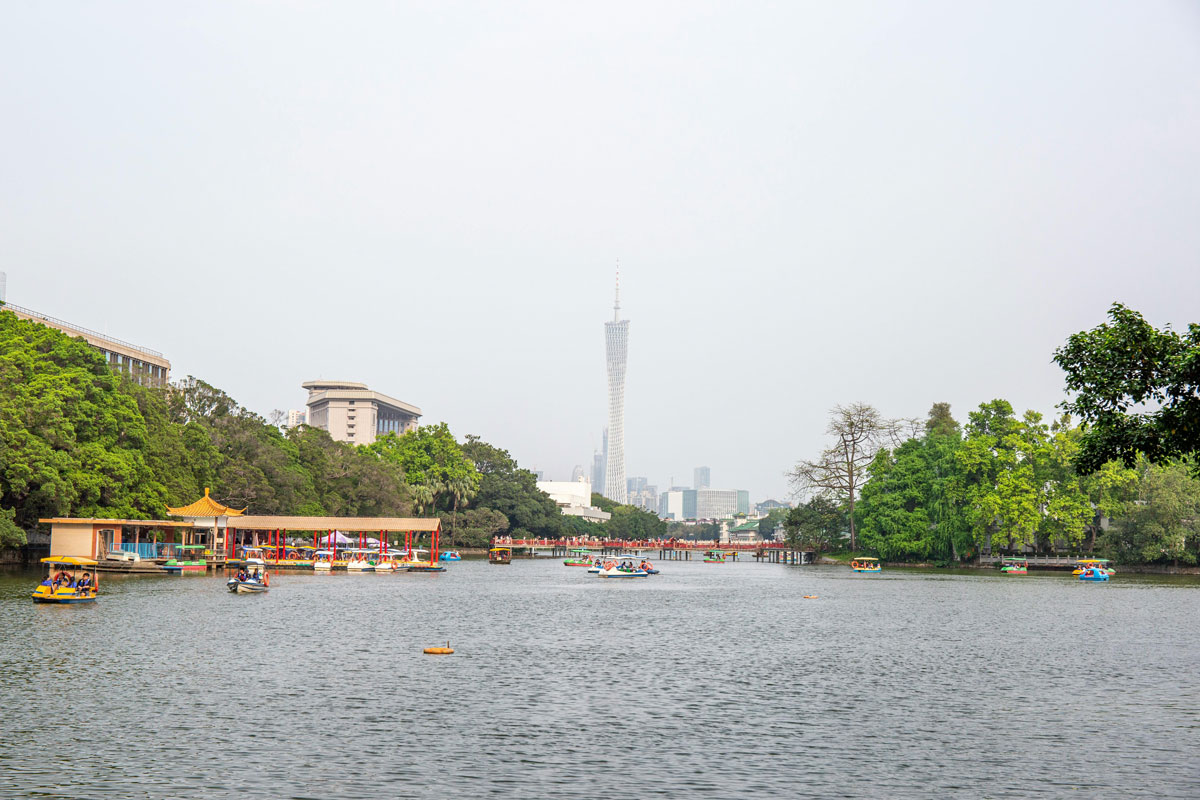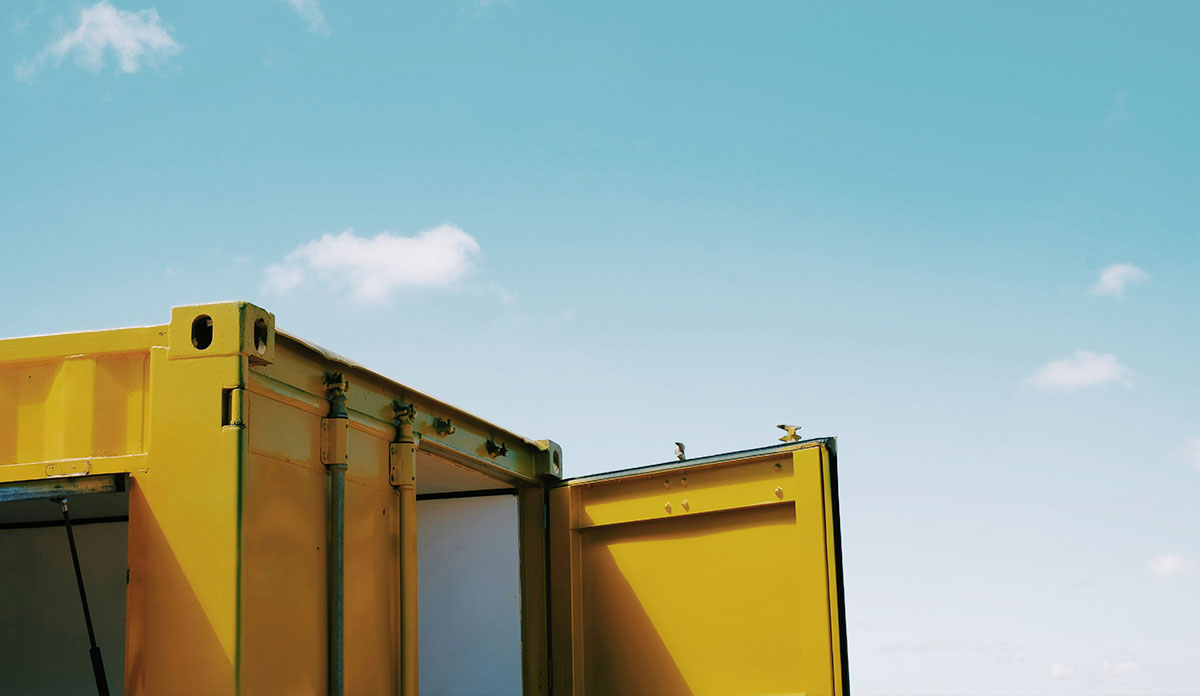
The Ultimate Guide to Sourcing Custom Eco-Packaging from China
The world is increasingly shifting towards sustainability and the protection of our environment, and this has prompted many businesses to switch things up. One of the main changes we’ve witnessed in recent years is the surge of sustainable packaging.
With hundreds of billions of units of packaging produced every year, businesses are looking at ways they can step up and find environmentally friendly ways to send their products. That’s why eco-packaging is on the rise!
Eco-packaging, also known as green packaging, uses sustainable materials and design practices to create packages. This often involves recyclable materials, minimising waste produced during the packaging lifecycle, and reducing the carbon emissions generated during transportation.
Why Eco-Packaging Matters
So why does eco-packaging matter? Simply put, eco-packaging can significantly reduce your business's carbon footprint and contribute to global efforts against climate change. Implementing eco-packaging solutions allows your business to demonstrate commitment to sustainability and contributes to a positive brand image in the eyes of increasingly environmentally-conscious consumers.
Moreover, many jurisdictions around the world are introducing regulations that incentivise or require businesses to opt for more sustainable packaging options. In short, integrating eco-packaging into your business operations is not only beneficial for the environment—it's also essential to maintain consumer goodwill and ensure regulatory compliance.
Sourcing Custom Eco-Packaging: The Chinese Advantage
China, with its established manufacturing and supply chains, is the go-to country for many businesses seeking to source eco-packaging. The rise in demand for eco-friendly packaging has driven China to adapt quickly and develop advanced manufacturing technologies that cater to the world.
So, how can you ensure your sustainable sourcing is a success? Here are some steps you can take:
1. Identifying Reliable Manufacturers and Suppliers
The first step in sourcing eco-packaging from China is to identify and vet reliable manufacturers and suppliers who deal in environmentally-friendly packaging materials. Do a bit of research, leveraging online marketplaces like Alibaba, and seeking recommendations on social forums and industry-specific networks.
When narrowing down your list of potential suppliers, weigh your options based on factors such as the source of their raw materials, their production techniques, quality standards, and if they stick to international eco-certification guidelines.
Here are some examples of international eco-friendly certifications:
- FSC (Forest Stewardship Council): The Forest Stewardship Council certification ensures that products come from responsibly managed forests that provide environmental, social, and economic benefits.
- Rainforest Alliance: Products carrying the Rainforest Alliance Certified seal are sourced from farms that follow rigorous sustainability standards.
- Programme for the Endorsement of Forest Certification (PEFC): Another globally recognised certification for wood and paper-based packaging products is the PEFC certification, which ensures that the materials used in packaging products are sourced from sustainably managed forests.
- China Environmental Labelling: This is a national eco-labeling program run by the Chinese government. The China Environmental Labelling certification is available for a wide range of products, including packaging materials.
You can also request samples from shortlisted suppliers to gauge the quality and sustainability of the packaging materials.
2. Understanding Material Options and Customisation Possibilities
As with any other packaging solution, custom eco-packaging materials come in various options. Common eco-friendly materials include recycled paper, plant-based plastics, biodegradable materials, or recyclable polymers like PET. Here’s an overview of these materials:
- Recycled paper is one of the most commonly used eco-friendly packaging materials. It is made by reprocessing discarded paper products, resulting in significantly less waste and pollution.
- Plant-based plastics are derived from renewable resources such as corn or sugarcane. They are designed to biodegrade more quickly and efficiently, thereby reducing their environmental footprint.
- Biodegradable materials are another excellent alternative. Often made from organic matter, these materials decompose naturally over time, leaving no harmful residue behind.
- Recyclable polymers like Polyethylene Terephthalate (PET) are widely used in packaging due to their high recyclability rate. PET can be reprocessed into new containers or other products, contributing to a circular economy.
It's best to look into the different materials offered by suppliers, their features, suitability for your product, and their environmental impact. You should also ask about customisation options and printing techniques that align with your brand identity while still allowing you to go green.
3. Navigating Manufacturing and Logistics Challenges
Sourcing custom eco-packaging from China can be tricky, especially when it comes to communication barriers, quality control, and logistical constraints. To overcome these obstacles, you should work with a sourcing agent that can deal with Chinese suppliers and manufacturers on your behalf.
This collaboration can be a lifesaver when navigating time differences, cultural barriers, and language discrepancies and ensuring that the final product aligns with your expectations and standards. It's also best to research the shipping process, customs clearance, and eco-packaging import regulations in both China and New Zealand to avoid any unforeseen delays or additional costs that can break the bank.
4. Assessing Feasibility and Cost-Effectiveness
While sourcing custom eco-packaging from China is generally cost-effective, particularly for bulk purchases, it's crucial to check your finances and evaluate the potential return on investment for your business. As eco-packaging materials can sometimes be more expensive than traditional alternatives, ensure that you have a thorough understanding of the associated costs, including production, shipping, customs duties, and taxes.
It's essential to balance the costs with the potential long-term benefits of adopting eco-packaging, such as enhanced brand reputation, increased consumer trust, and alignment with evolving regulations.
Sustainably Adapting Your Business Model
Embracing sustainable practices in your business operations, especially packaging, is essential in today's environmentally-conscious marketplace. China's thriving eco-packaging industry offers a great opportunity to source cost-effective, custom, and sustainable packaging solutions for your business. So, why not make the switch soon?
To ensure your venture into China product sourcing is successful, make sure to do some research and work with reputable companies! With these considerations from Epic Sourcing New Zealand, you'll be well-equipped to make informed decisions and contribute to a more sustainable future as an eco-conscious business leader.
Related Articles
Let’s Make It Epic
We're here to make sourcing simple – and a whole lot less stressful.

.svg)

.svg)





